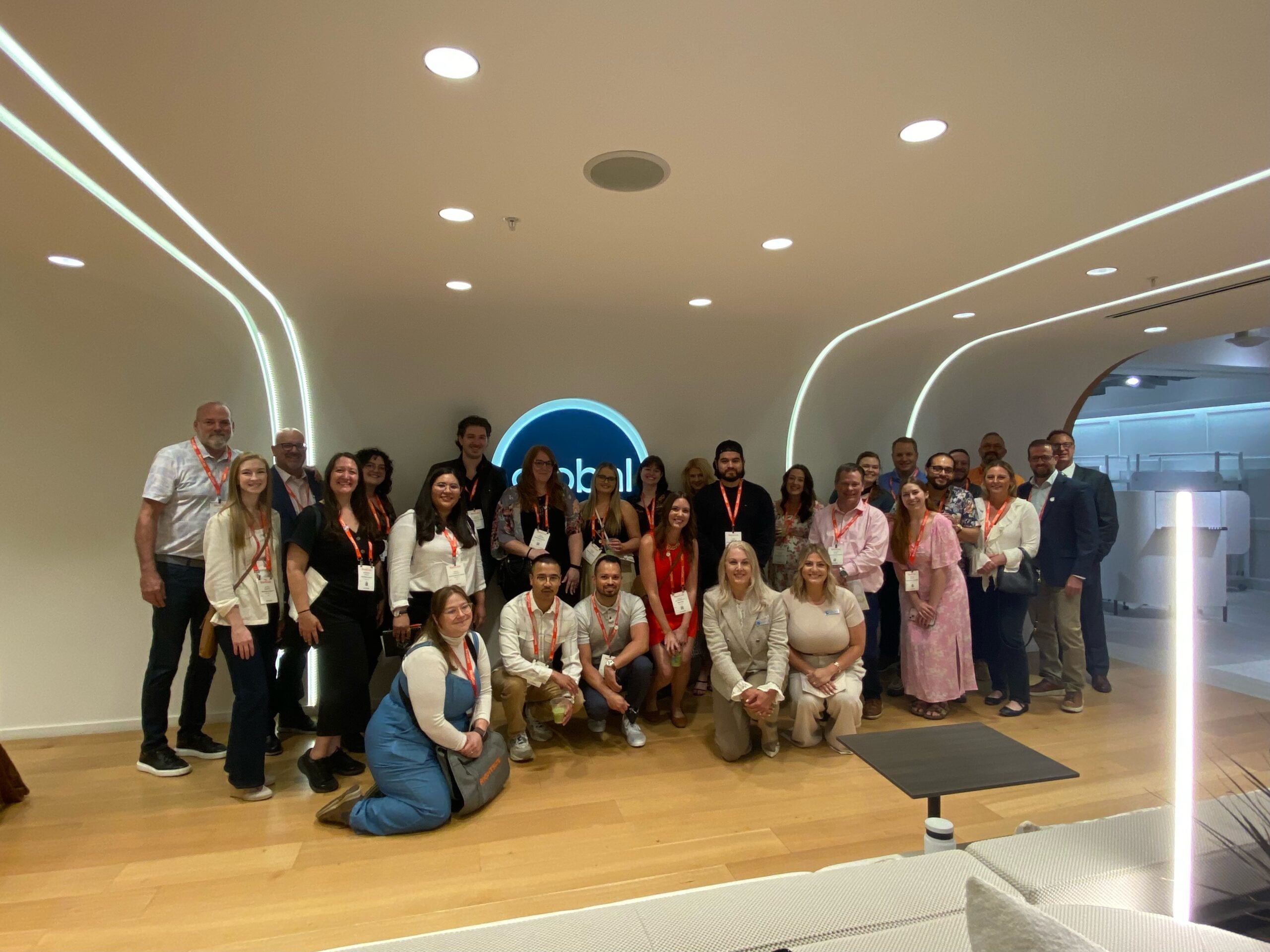
Practicing Gratitude in the Workplace
November is now recognized as National Gratitude Month. In conjunction with the holiday season, this is a time when we pause to give thanks for the blessings in our lives. However, gratitude is something we should be expressing in the workplace all year long.
Gratitude supports non-monetary motivations in a non-monetary way. It costs nothing to say “thank you,” and it has measurable benefits. It is important to express gratitude because it is likely to have a spillover effect: Individuals become more trusting of each other, and more likely to be of assistance to each other.
There are many benefits of gratitude beyond a sense of self-worth, self-efficacy, and trust within an organization. It has been found that the greater the number of gratitude experiences people had on a given day, the better they felt. Following through for at least two weeks led to significantly increased happiness, greater satisfaction with life, and higher resilience to stress; even headaches and illnesses decreased for this group.
In order to foster gratitude, we need to create times and spaces in which it can be expressed freely and spontaneously. Additionally, studies consistently indicate there is a limit to gratitude—trying to be grateful every day can lead to gratitude fatigue.
What is the best way to convey authenticity? It is important to pay attention to details. Specific praise increases your own appreciation of a person, action, or thing – and it shows that you are paying attention instead of just acting.
Gratitude is one more skill we can cultivate alongside skills such as communication, negotiation, and forgiveness, according to the science of appreciation. It can be learned by anyone – and everyone can benefit from it.





